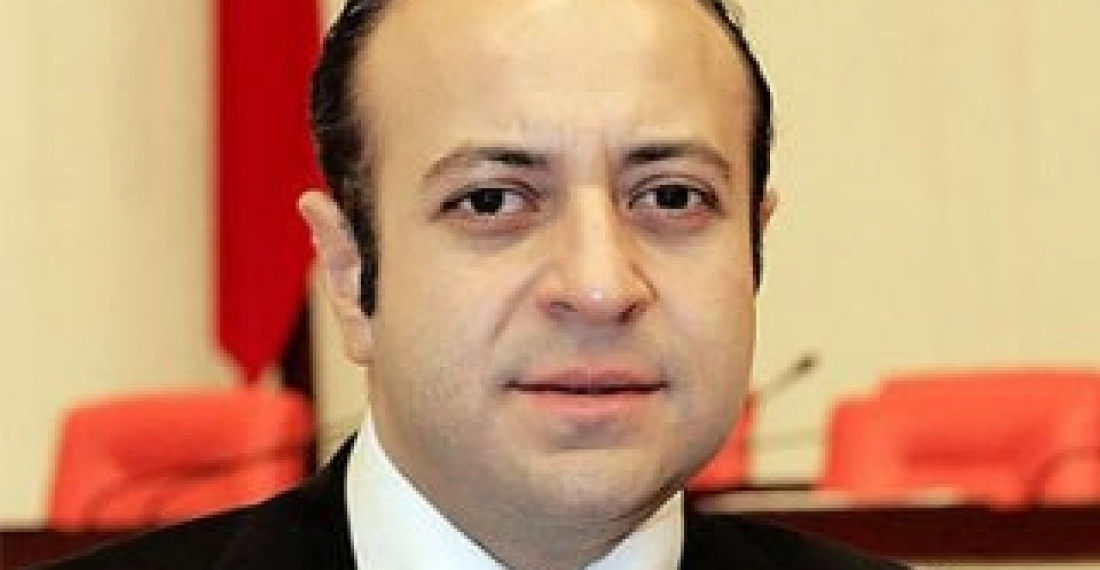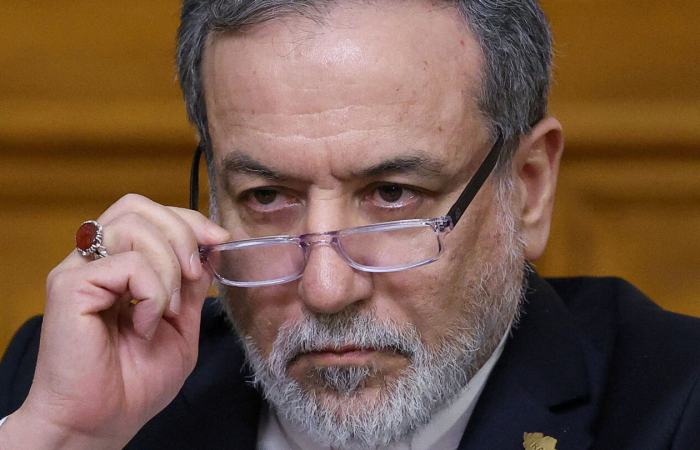“Если исторически и научным образом будет обосновано, что депортация анатолийский армян в 1915 году являлась “геноцидом”, то Турция извинится за это”, - заявил госминистр Турции по вопросам ЕС Эгемен Багиш в интервью телеканалу Al Jazeera.
Отвечая на вопрос о том, извинится ли турецкое правительство за геноцид 1915 года, Багыш заявил: “Если это будет признано фактом историками и научными деятелями, более того, единогласно, тогда почему бы и нет?. Каждая нация имеет темные моменты в своей истории. Вы сможете привести пример одной нации, в прошлом которой нет темных глав?”, - заявил госминистр.
По его словам, для того, чтобы доказать, являются ли события геноцидом или нет, в первую очередь необходимо их исследовать объективно. Однако, он отметил, что “армянское правительство недостаточно храбро, чтобы столкнуться лицом к лицу со своей собственной историей, если отказывается открыть свои исторические архивы”.
Отметим, что заявления турецкой стороны о том, что армянские архивы закрыты, не соответствуют действительности. Факт того, что армянские архивы множество раз были констатированы, в частности, директорами музея-института Геноцида армян.







